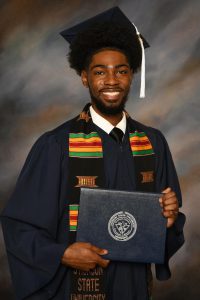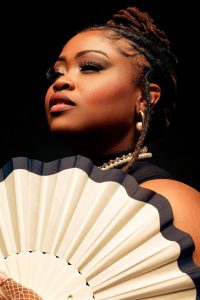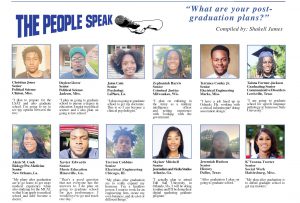
Deirdra Harris Glover
Managing Editor
I was wary of short haircuts and suits as a kid.
My musician father and artist mother didn’t have friends with “respectable jobs,” and I only saw my grandparents in casual clothes. My mother was the epitome of beauty to me, equal parts punk and glam. My father was tall and intense, with hair past his shoulders. He played music like he was wrestling with monsters.
The truth was, they both were wrestling: both of my parents struggled with drinking and drugs.
People around town would shyly ask Dad for his autograph, but we got lots of questions from cops. I didn’t like suits, and I noticed they didn’t like us much, either.
I noticed that police officers looked at my parents differently than they regarded my grandparents. School taught me that officers were to be trusted, but they treated my parents—the two people who loved me best—with suspicion and unease.
I saw my dad get arrested once, and the way the officers threw his wiry body still makes me sick.
We moved from Miami to the outskirts of Atlanta when I was 12. The officers seemed comfortable with the monthly KKK marches at the Clayton County courthouse, but held contempt for my hippie-rocker parents and my artsy friends.
Traveling with my father is interesting. He talks loudly due to decades of playing in front of monster amps; I talk loudly because he needs to hear me. He dresses like a time capsule, a ripped t-shirt, jeans and a leather vest, with scarves or billowy shirts. We are weird—other—to many people.
We went to England the year after Mom died, and when we came back, the airport security guy saw my dad on the escalator. He sprinted over with the drug dog to wait for my dad at the bottom of the escalator. The officer looked like someone had surprised him with cake, but ended up empty-handed.
I was so red-faced and angry; our family friend hurried me away.
Ingrained biases affect all of us. Just as I was conditioned by my environment to “other” bankers and real estate agents, we are all conditioned by our personal and shared experiences for and against others.
No one should be cursorily judged, but we do it every day. It is a machine we have built together, bolstered by media and entertainment. We fear what we are conditioned to fear, unless we willfully dismantle those systems of thinking. It is the great work of our lives.
It is the most important work of a law enforcement officer, and it appears to have been overlooked again… this time in Tulsa and Charlotte.
Threat assessment is a vital part of what keeps officers alive on the streets. Gavin de Becker is the nation’s foremost expert on violence prediction and management. His book “The Gift of Fear” tells readers to trust the tickling of fear in the back of our brains, because they are picking up on cues signaling woe. His work also focuses on recognizing real danger as opposed to perceived danger: unpacking and untangling our own personal bias in situations where we feel threatened.
Ingrained bias and police-sanctioned violence against unarmed people of color are our nation’s long bare nerve, struck repeatedly.
Police officers receive less training than most states require for a cosmetology license, and are responsible for literal life-and-death moments. They are not paid well for this burden, and they are not given the skills and continuing education they deserve to do their jobs.
Law enforcement officers need more training in threat assessment and the space to identify their own privilege and prejudice. Police need to be able to trust their instincts, not socialized biases.





Be First to Comment